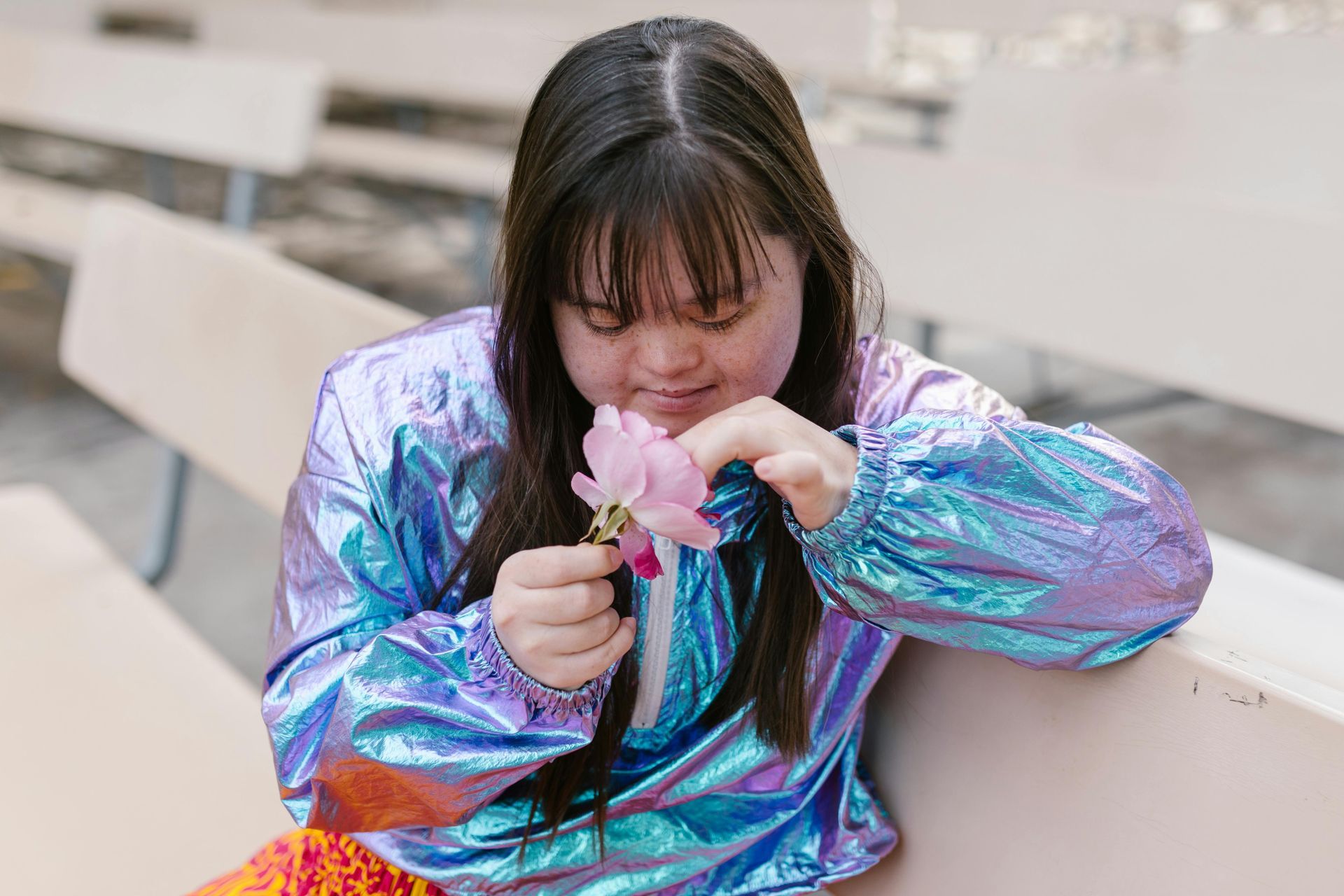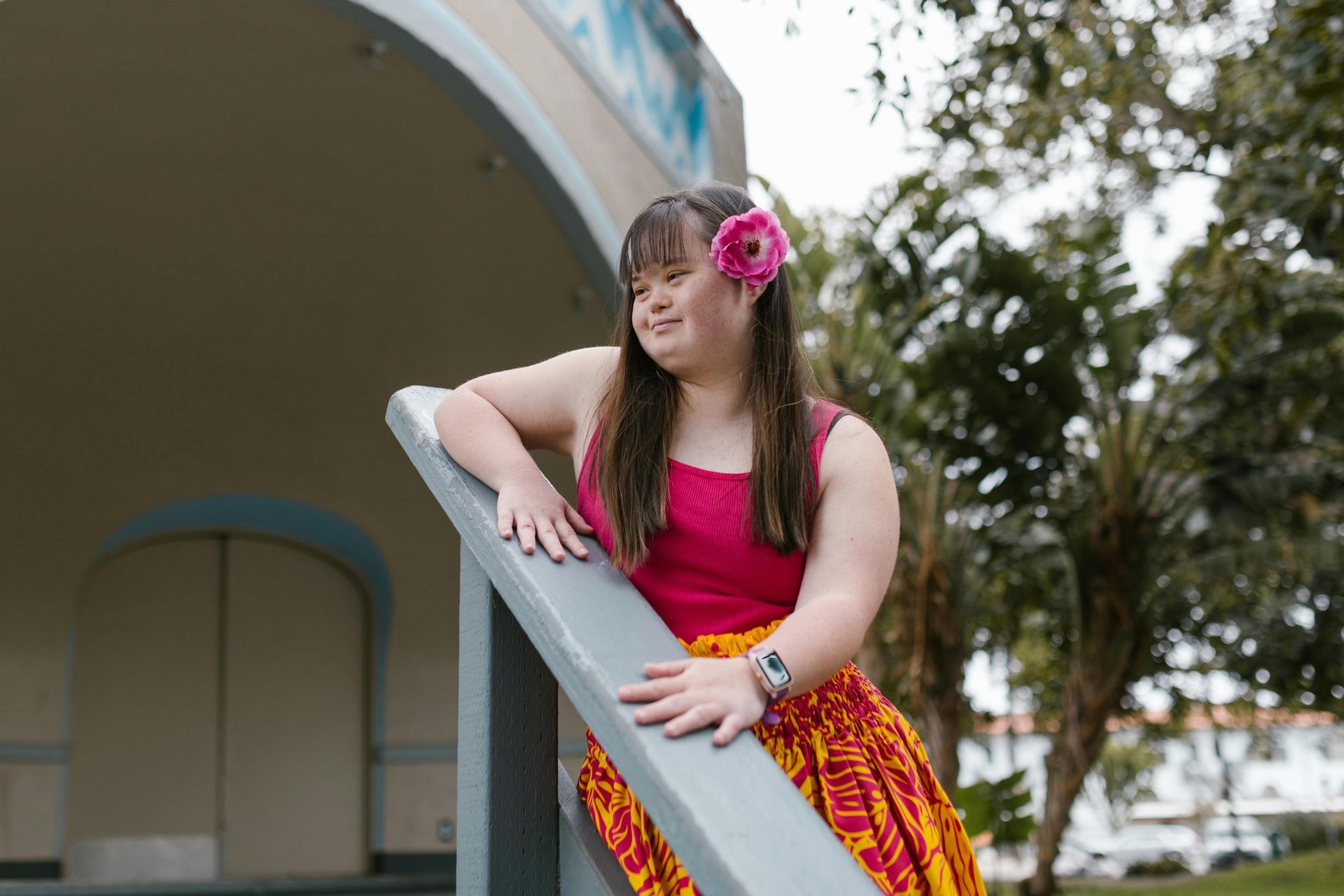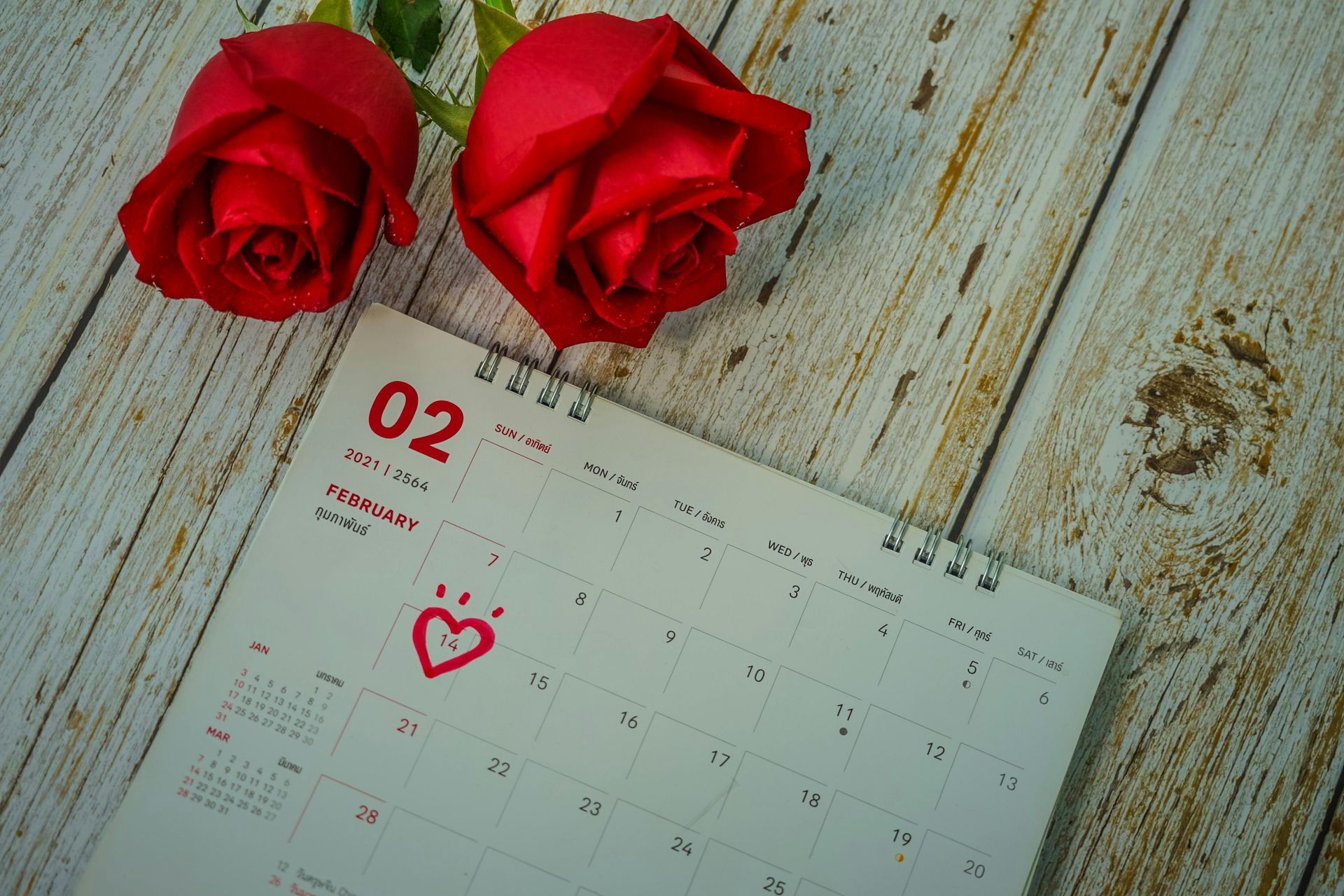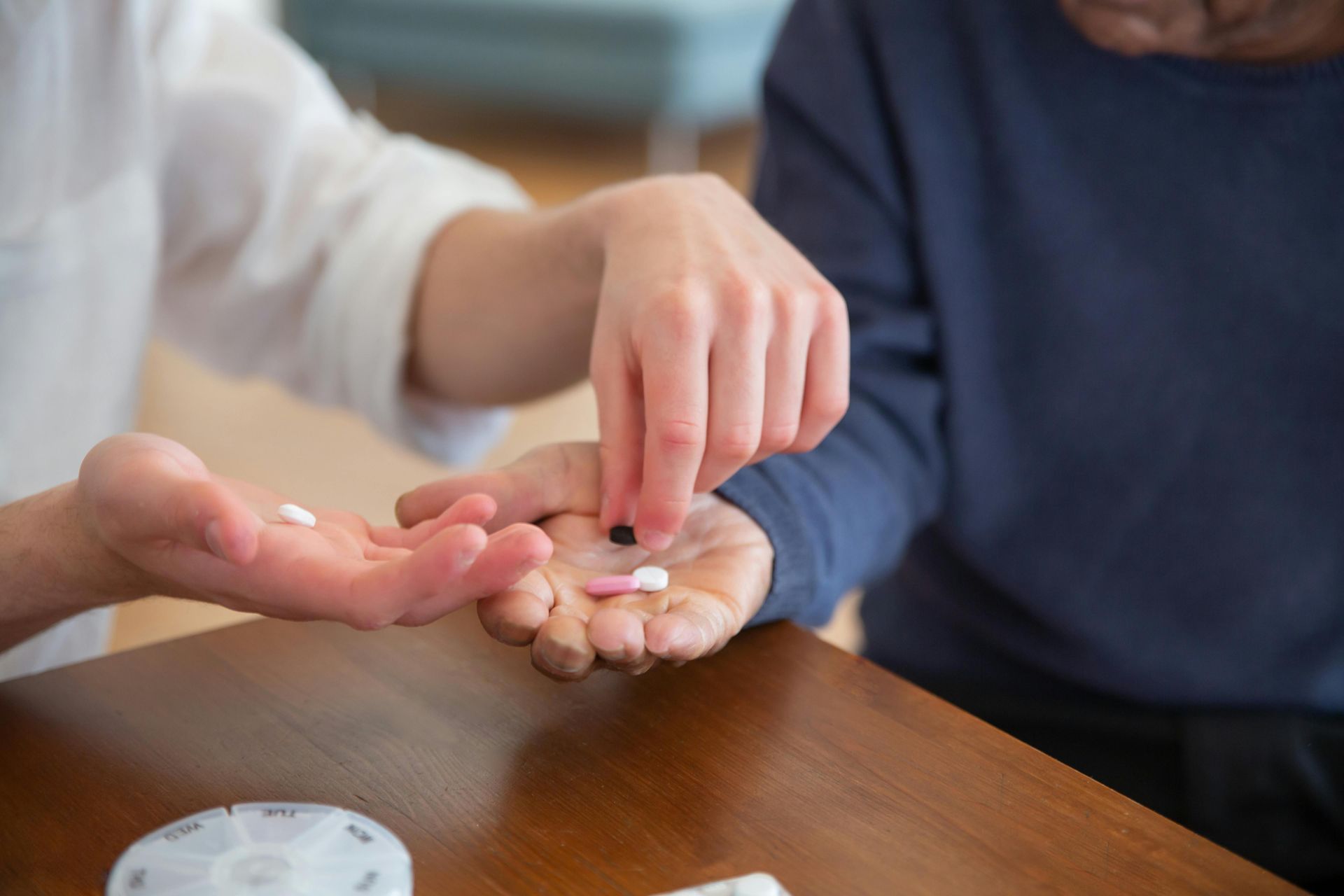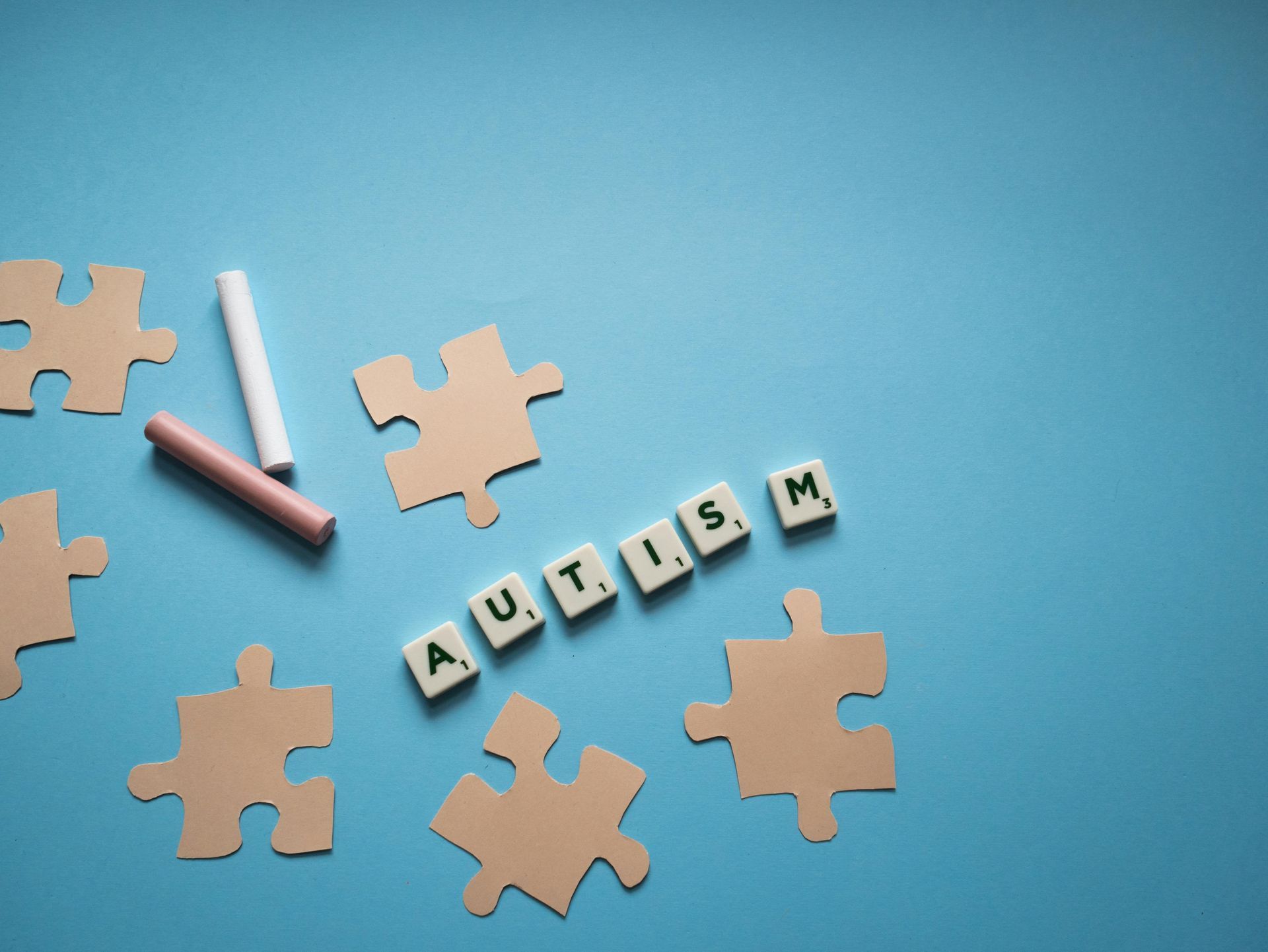Every drop counts. On World Blood Donor Day, the world comes together to celebrate those who give selflessly to save lives through blood donation. This day also highlights the ongoing need for safe, inclusive, and accessible blood donation services for all communities—including individuals living with mental health conditions or developmental disabilities.
While the message of giving is universal, access and participation aren’t always equal. That’s why awareness is just the first step—we also need action, education, and inclusion.
Why Blood Donation Matters to Everyone
Blood transfusions are essential for managing many medical conditions, from surgeries and trauma to chronic illnesses. But the significance of a stable, inclusive blood supply system extends far beyond hospitals—it affects entire families, especially when a loved one lives with a developmental disability or complex health needs.
Some individuals with disabilities may require blood transfusions during medical procedures, and yet, stigma and lack of education can limit their access. Likewise, many potential donors from this population or their caregivers are underrepresented due to outdated eligibility assumptions or barriers within the healthcare system.
Inclusion Begins with Education
There are still widespread misconceptions surrounding mental health, neurodivergence, and donor eligibility. It’s vital to understand that having a developmental disability or mental health condition does not automatically disqualify someone from donating blood. Decisions must be made on an individual basis, considering overall health and capacity for informed consent.
More inclusive blood donation practices mean:
- Training staff to communicate compassionately and effectively with neurodivergent individuals
- Ensuring donor sites are physically and cognitively accessible
- Educating caregivers and communities about donor eligibility
Caregivers as Advocates—and Donors
Many caregivers—particularly parents and family members—are the ones keeping appointments, advocating for medical care, and coordinating resources. They understand the value of health equity. For them, donating blood can be a personal, empowering way to give back and potentially support others walking similar paths.
Their donations may not directly benefit their loved one, but they reinforce a system that their family depends on. That’s community in action.
World Blood Donor Day is more than a date—it’s a movement. A reminder that everyone deserves access to care, and everyone who is able to give should be empowered to do so. Let's commit to making blood donation systems more inclusive, more accessible, and more equitable for all.
👉 Be part of a compassionate network that supports inclusive care and community action.
Visit www.globalhandsinc.com to learn how.
#WorldBloodDonorDay #BloodDonationMatters #InclusiveHealthcare #NeurodiversityAwareness #GiveBloodSaveLives #DisabilityInclusion #CaregiverSupport #MentalHealthEquity #SafeBloodForAll #HealthJustice #GiveBackSaveLives

